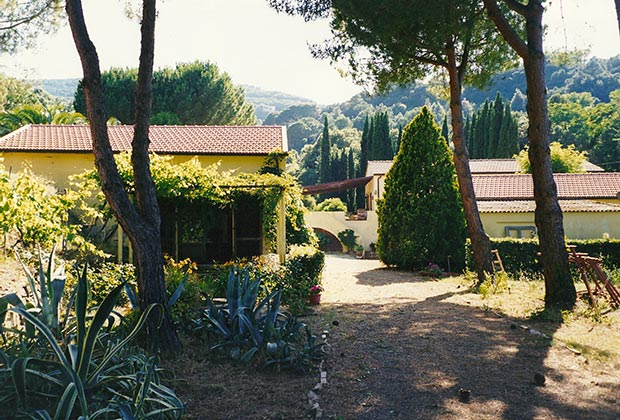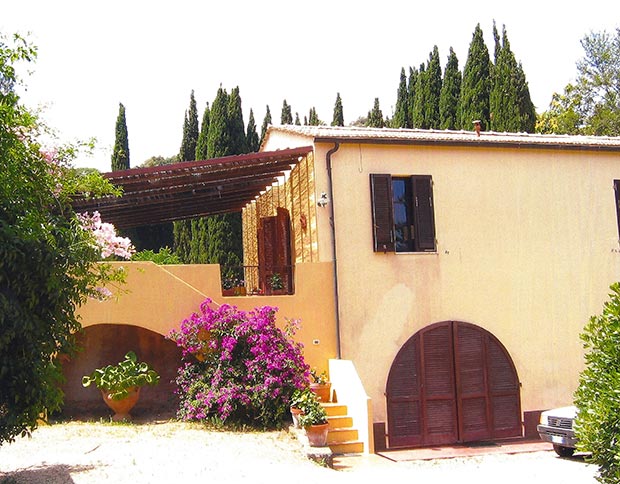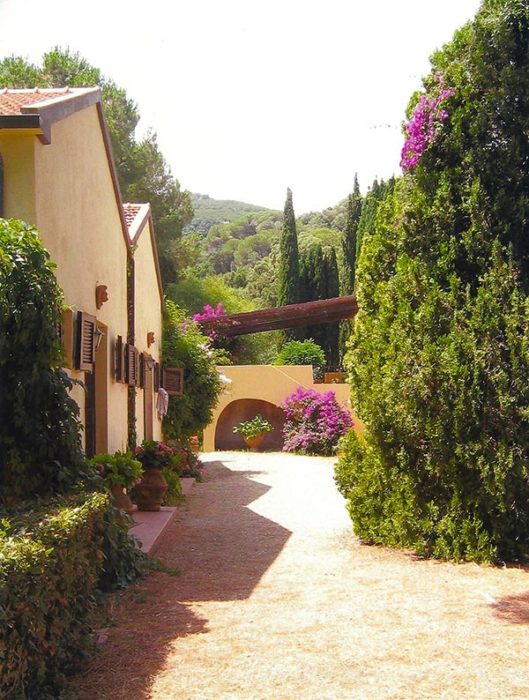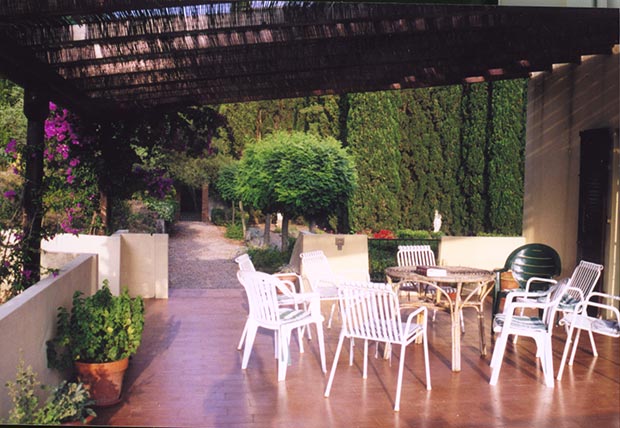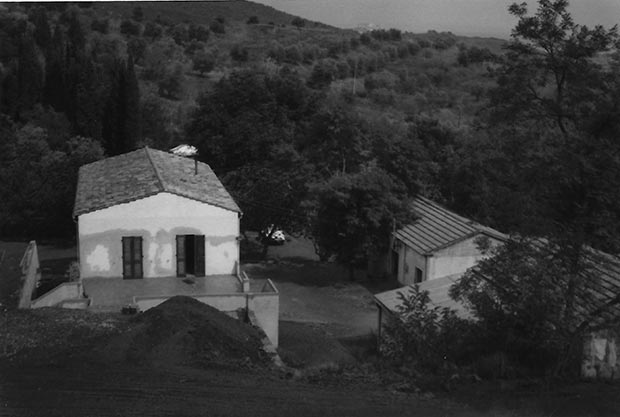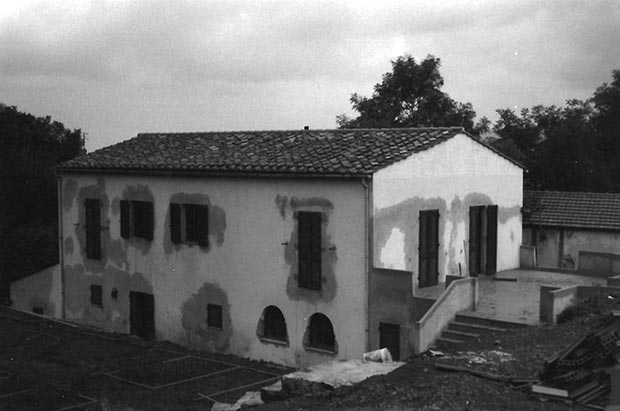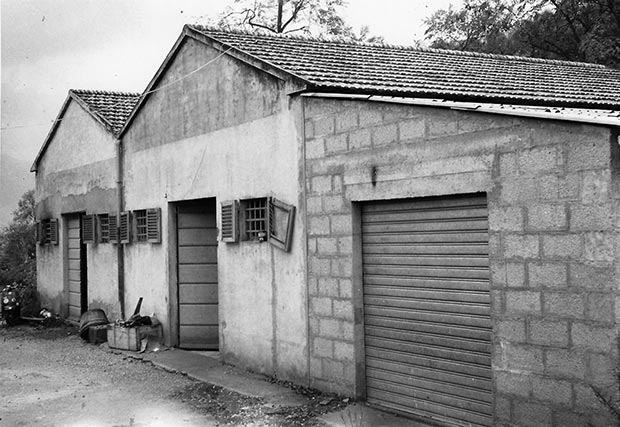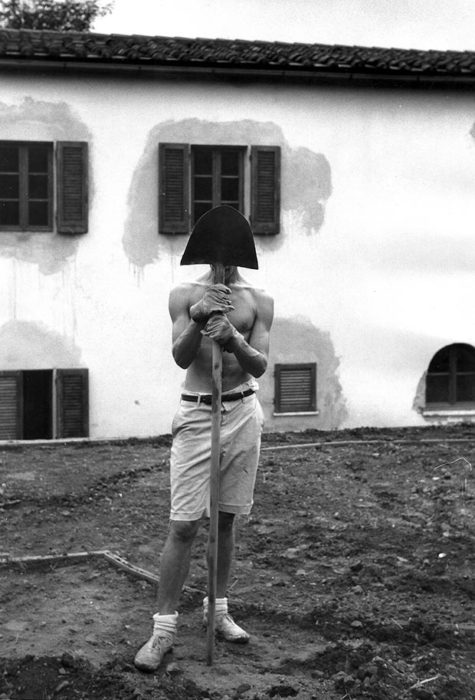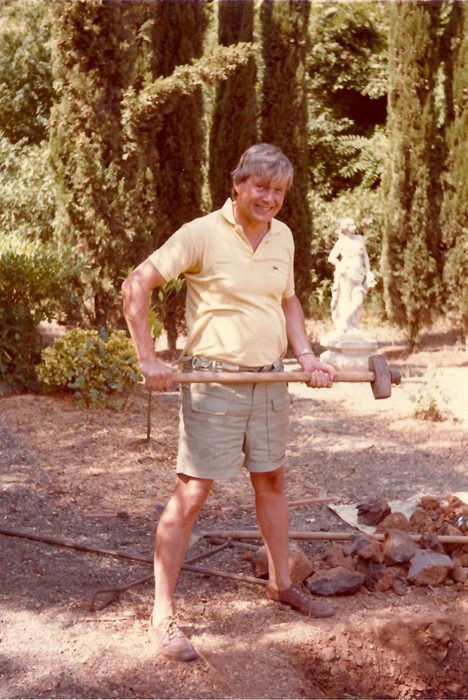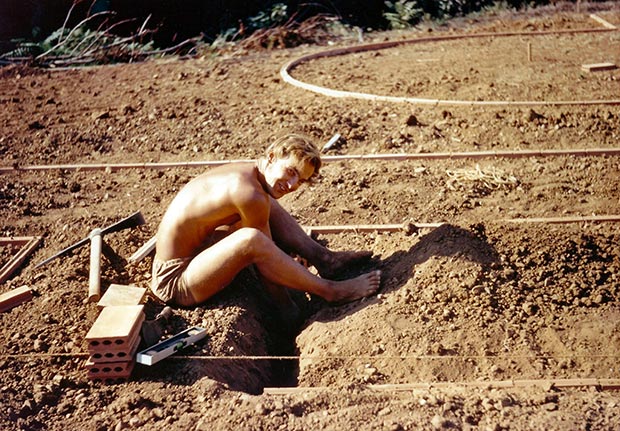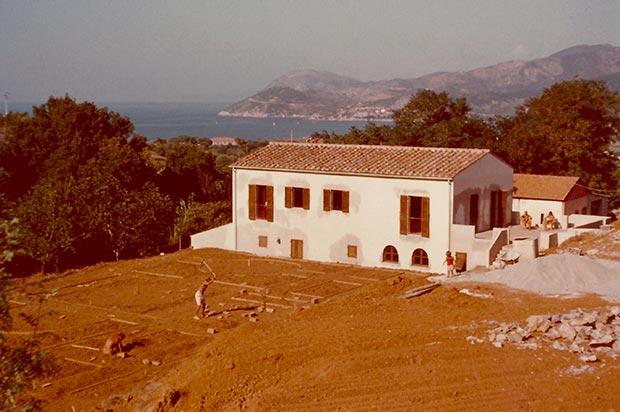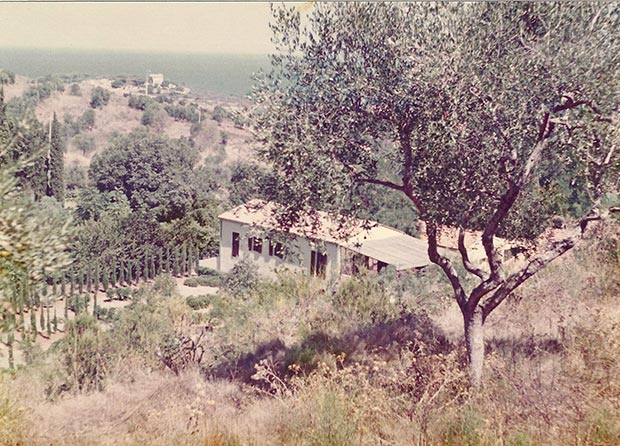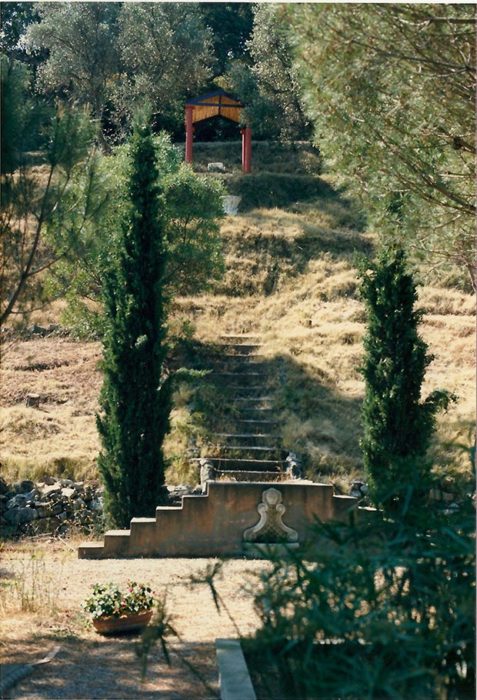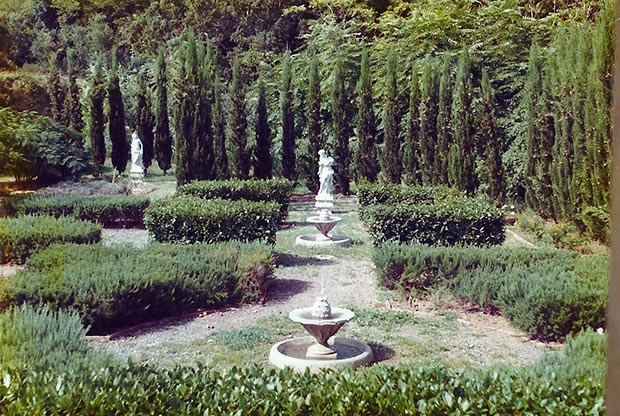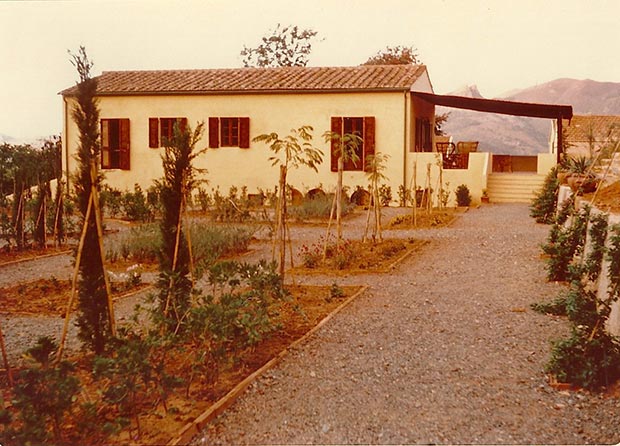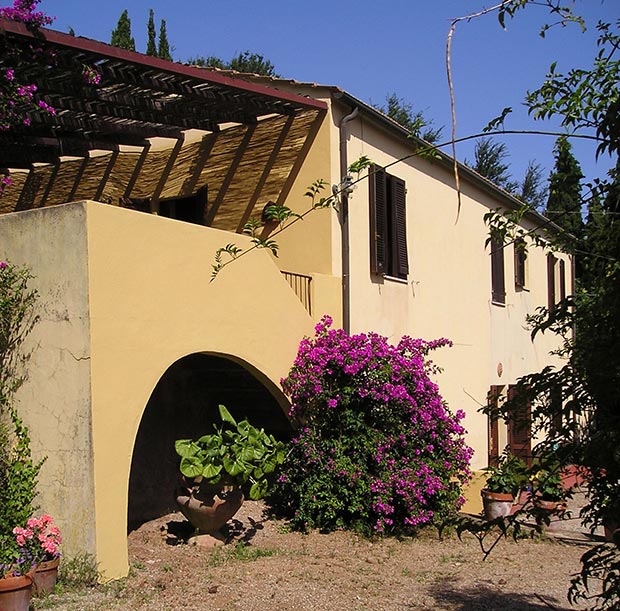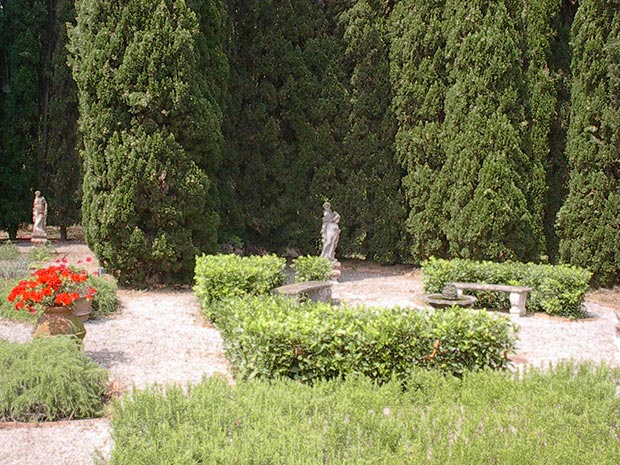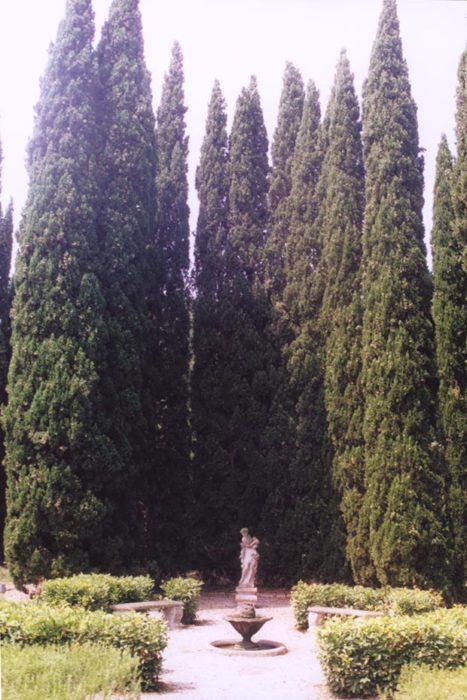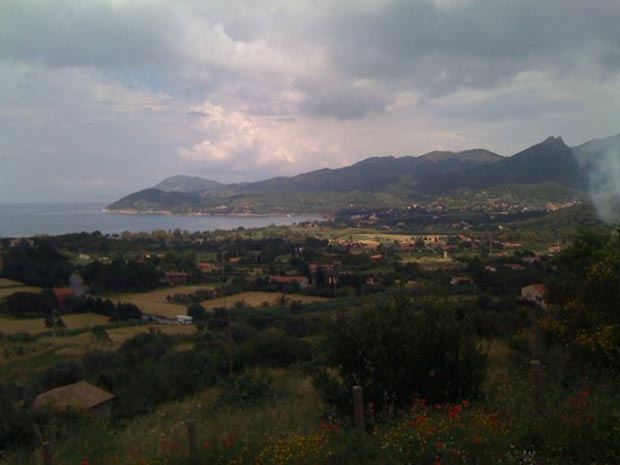In 1970, I bought a clump of three old farm buildings and a couple of hectares of land on the Italian island of Elba. The farmhouse and associated buildings were then refashioned simply in keeping with their rustic origin. Most of the land was gradually absorbed by a garden in distinct phases of creation. First came a classical Mediterranean garden, demarcated by a double hemisphere of now giant cypress trees. Inside are a variety of fountains with hedges of laurel and beds of rosemary. In due course, came a Romantic expansion, terraced walks, groves of umbrella pines, walks and rustic “temples” with “views.” There is also a variety of lily pools, thickly populated by the offspring of six fertile goldfish imported decades ago from a pet shop in Pisa.
In 1970, I bought a clump of three old farm buildings and a couple of hectares of land on the Italian island of Elba. The farmhouse and associated buildings were then refashioned simply in keeping with their rustic origin. Most of the land was gradually absorbed by a garden in distinct phases of creation. First came a classical Mediterranean garden, demarcated by a double hemisphere of now giant cypress trees. Inside are a variety of fountains with hedges of laurel and beds of rosemary. In due course, came a Romantic expansion, terraced walks, groves of umbrella pines, walks and rustic “temples” with “views.” There is also a variety of lily pools, thickly populated by the offspring of six fertile goldfish imported decades ago from a pet shop in Pisa.
Over the years, a miscellany of family members and friends, along with numerous colleagues and students, have come to enjoy the place. Dinners are major centers of life, a company of more or less a dozen friends, agreeable affairs graced with lively conversation from young and old. For me, Fangati has been a refuge where I could enjoy my family, friends, colleagues and students and where I could write with relative freedom from interruption. Many articles and roughly a dozen of my own books have been given birth there, along with numerous dissertations from my students.
Among the early residents were my brother, Rickey, and his children Curtiss and Elizabeth, who spent their early years there. My parents were also frequently there, along with Joe Curtiss from Yale. My wife Avis quickly fell in love with Elba and comes regularly every summer. In the early days, Avis’s mother was a regular visitor as well. Avis’s sister Celestine, her Russian husband Volodya, and their two children – Katya and Lisa – are our guests every summer.
Maintaining this miniature paradise requires a major effort. The house requires a housekeeper and a cook. The garden easily absorbs two or three more helpers. A good part of this little staff has been composed of an international band of students who come to enjoy the place and help sustain it.
All in all, the Casa Fangati has been an important part of life for Avis and me. It has greatly enriched our years, and I hope the lives of the many people who have shared it with us.
